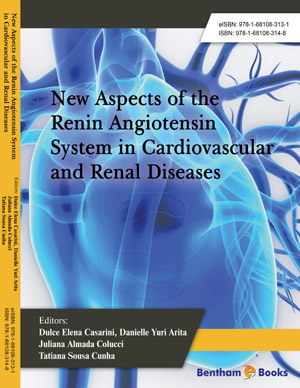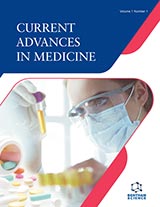Abstract
Stress reaction aims to preserve body homeostasis. During stress, the reninangiotensin system (RAS) increases the effects of the sympathetic nervous system and the hypothalamic-pituitary- adrenal (HPA) axis so that the organism will adapt to stressors. However, during chronic stress, these responses are sustained, adaptation does not occur and pathologies might be developed. In this chapter, we address evidences towards the correlation between RAS and the negative effects that stress has on behavior and cardiovascular system. Both circulating and local RAS are involved in stress – related hypertension. Among the mechanisms involved, it has been demonstrated that RAS activates HPA axis, catecholamines upregulate the renin synthesis and RAS activity in the peripheral organs, and vascular effects of angiotensin II (Ang II) impair the balance between vascular relaxing and contracting agents. Considering cardiac hypertrophy, hyperactivity of RAS and SNS promotes growth factors increase, fibroblast proliferation and collagen synthesis in the myocardium. Ang II triggers the production of superoxide and acts as a pro-inflammatory molecule in the blood vessels, and, consequently, might initiate and aggravate the process of atherosclerosis. Considering emotional and cognitive effects of stress, there is a link between depression and dysfunction of stress response systems involving the activation of RAS. In treating hypertension, patients having depression might also benefit from RAS blockers as these agents are known to have antidepressant effects. Inhibitors of ACE have been reported to improve cognition and memory, via Ang II conversion to Ang IV in the central nervous system. Stress-induced brain RAS has also been suggested as having a role in Alzheimer’s disease.
Keywords: Anxiety, Atherosclerosis, Cognition, Depression, Emotion, Stress, Hypertension, Hypothalamic-pituitary-adrenal axis, Memory, Renin-angiotensin system, Sympathoadrenal axis.






















